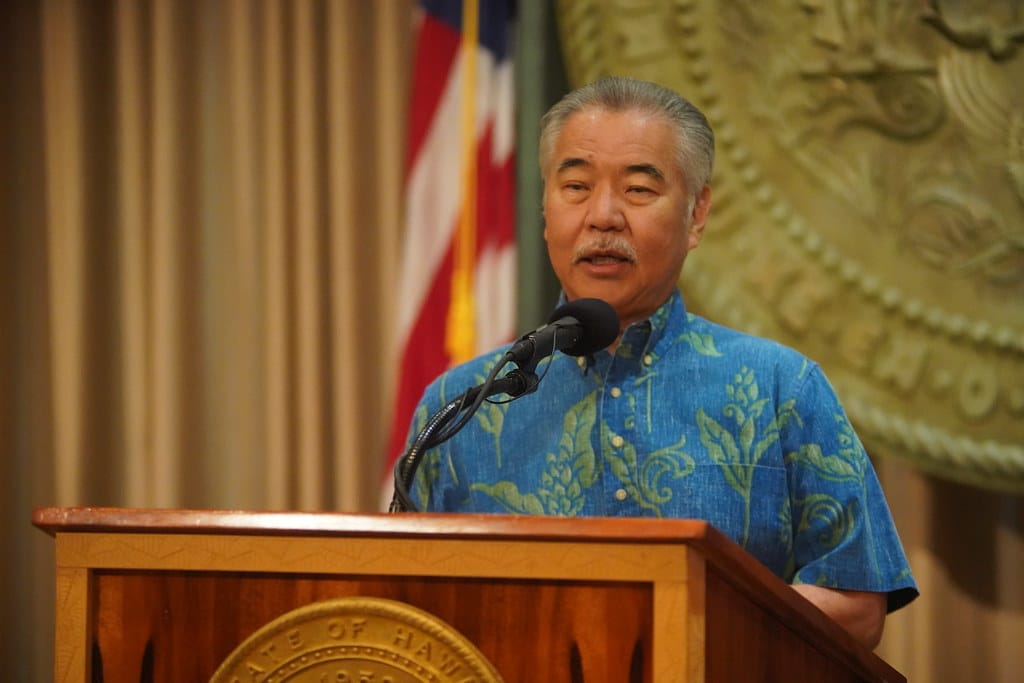Biden Lowers Broadband Spend, Republican Infrastructure Plan, Gigabit Opportunity Zones, Ige Under Fire
Biden willing to go $65B on broadband, Republican infrastructure plan, gigabit opportunity zone bill, David Ige’s telecom past.

May 24, 2021—The Biden administration appears to be willing to walk back the $100-billion proposal it put forward in favor of a lower, Republican figure, according to a White House memo.
The administration said it is willing to bring the broadband funding proposal down to the $65 billion allotted in the Republican infrastructure plan in an apparent effort to rally Republican support for his infrastructure bill.
Cedric Richmond, senior advisor to the White House, described the move as a “change of course,” stating, “[Joe Biden] will not let inaction be the answer. And when he gets to the point where it looks like that is inevitable, you’ll see him change course.”
Many broadband advocates have stated that they do not want the perfect to be the enemy of the good and have stated that any positive change would be an improvement on the current situation—particularly in rural and inner-city communities.
Biden’s proposal dwarfed the Republican’s, but was also significantly larger than the Democrat’s $80 billion proposal.
Republicans push new infrastructure plan
The House Republicans last week released a new broadband infrastructure plan to help close the gap and help all Americans reach broadband without wasteful overbuilding.
The American Broadband Act plan promotes accurate mapping to target rural and unserved areas. The plan authorizes $20 billion over five years to promote broadband infrastructure deployment and $3 billion to promote rural wireless infrastructure deployment.
The plan comes from the party’s Boosting Broadband Connectivity Agenda.
Cammack introduces Gigabit Opportunity Act
Congresswoman Kat Cammack, R-Florida, introduced a bill that would allow states to create “gigabit opportunity zones” in areas that currently lack broadband infrastructure.
These zones would provide tax incentives to qualified broadband providers to roll out gigabit capable infrastructure.
The bill is primarily designed to address the dearth of broadband that exists in rural communities. Proponents of the bill tout it as a solution to bridging the chasm that is the digital divide.
Multi-million dollar, no-bid contract raises questions
The administration of Governor David Ige, D-Hawaii, is assuring critics that he was not involved in the decision to award GTE Hawaiian Telecom a $25-million, no-bid contract, even though Ige had a career that spanned multiple decades with the company.
The contract in question was designed to provide broadband for eight regions in Hawaii that the government currently considers to be underserved. Critics panned the no-bid move as uncompetitive at best, and corrupt at worst.
Ige worked for GTE Hawaiian Telecom for 18 years where he served as a network design administrator. In 1985, Ige was appointed by then-Gov. John Waihee to serve in the House of Representatives. At this point, Ige moved into a government relations position with GTE Hawaiian Telecom, where he served as a lobbyist and a legislator concurrently.








